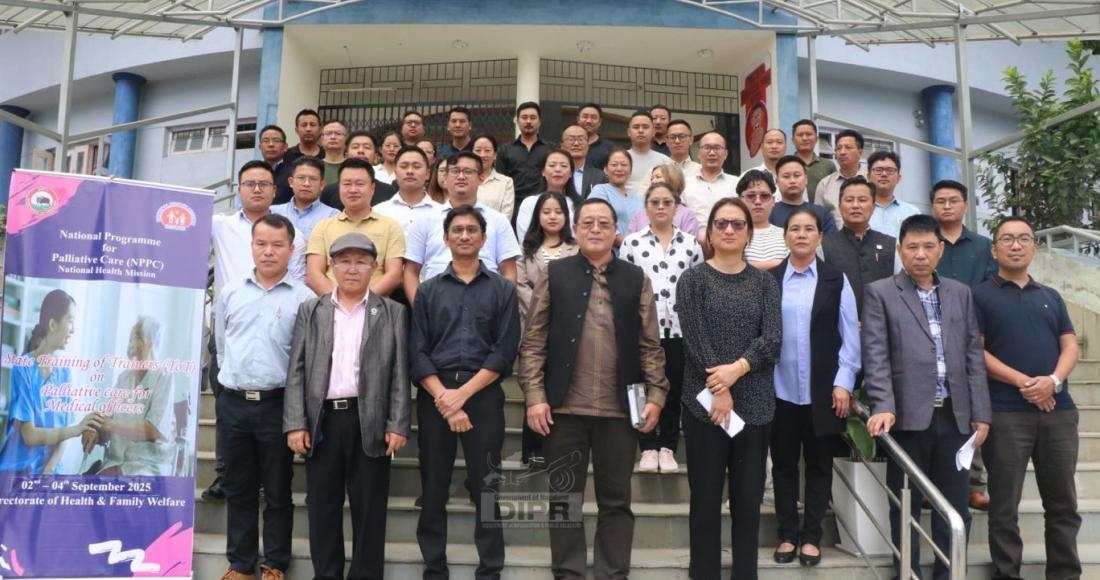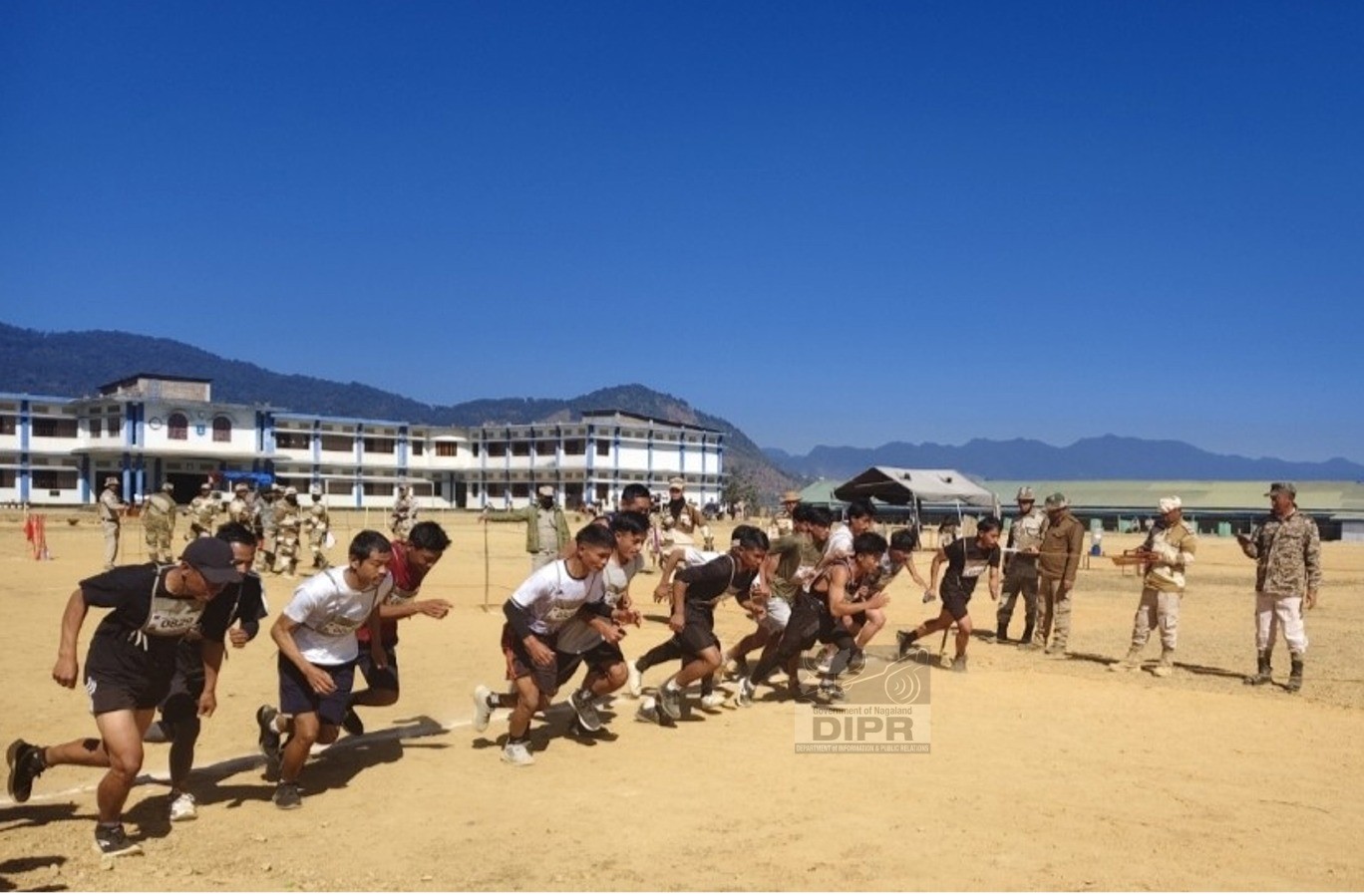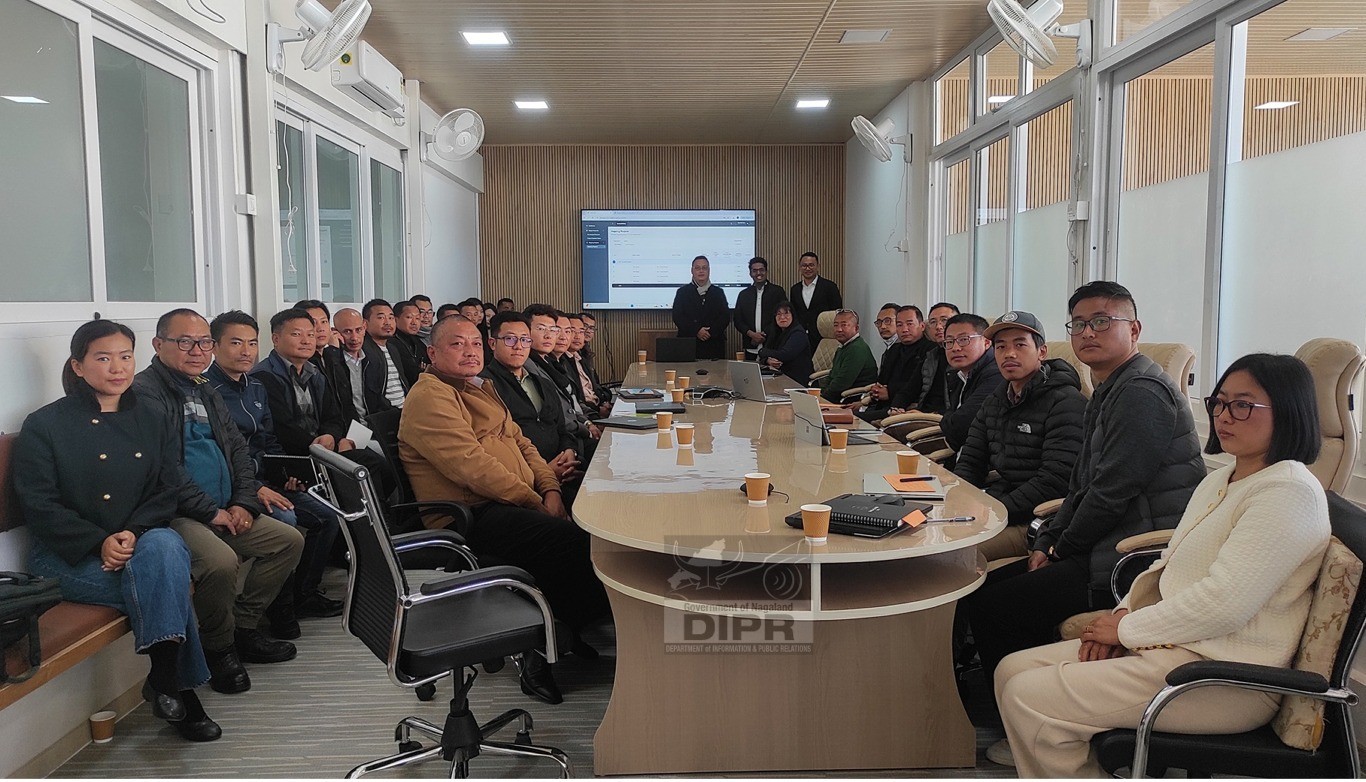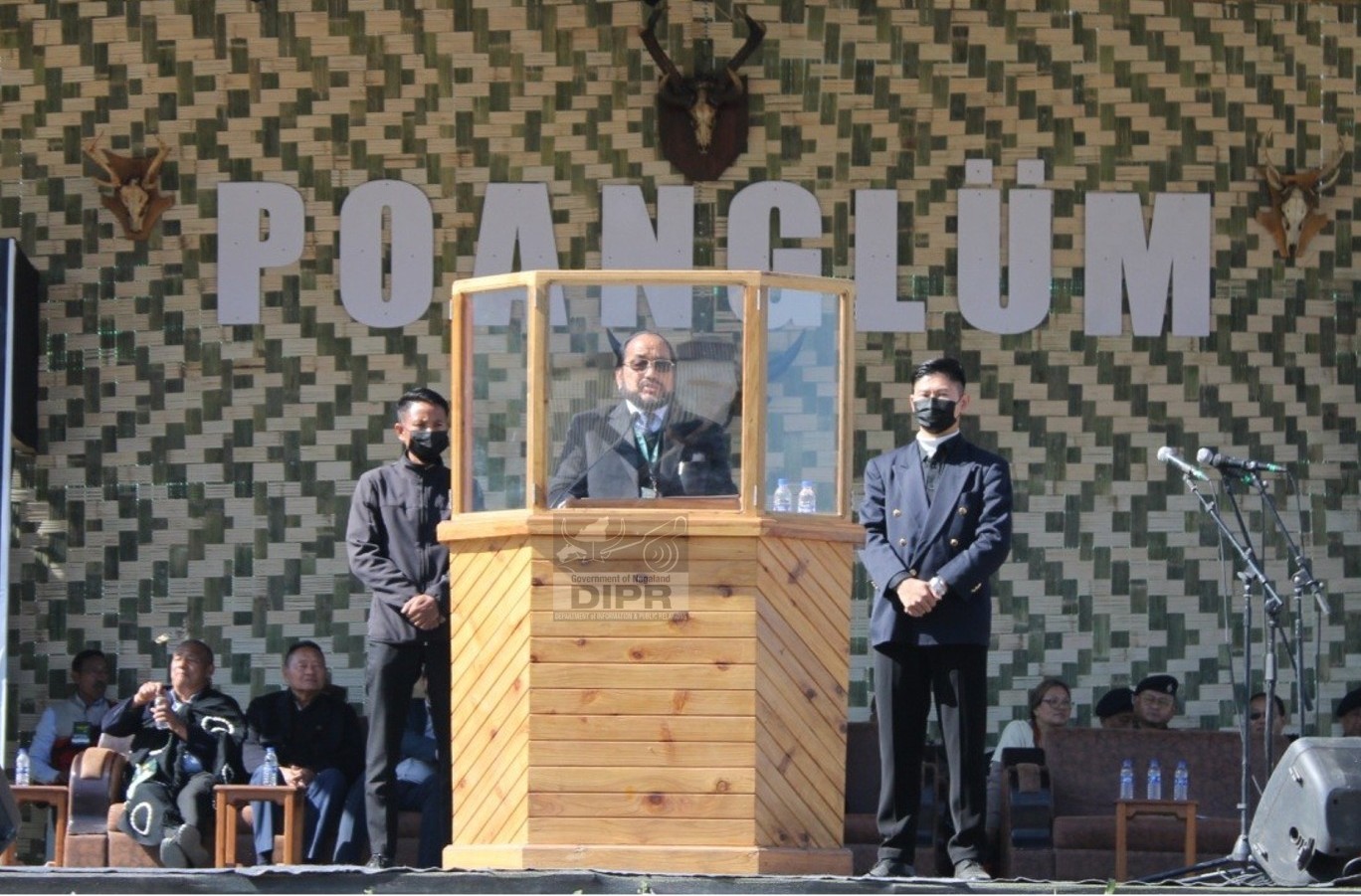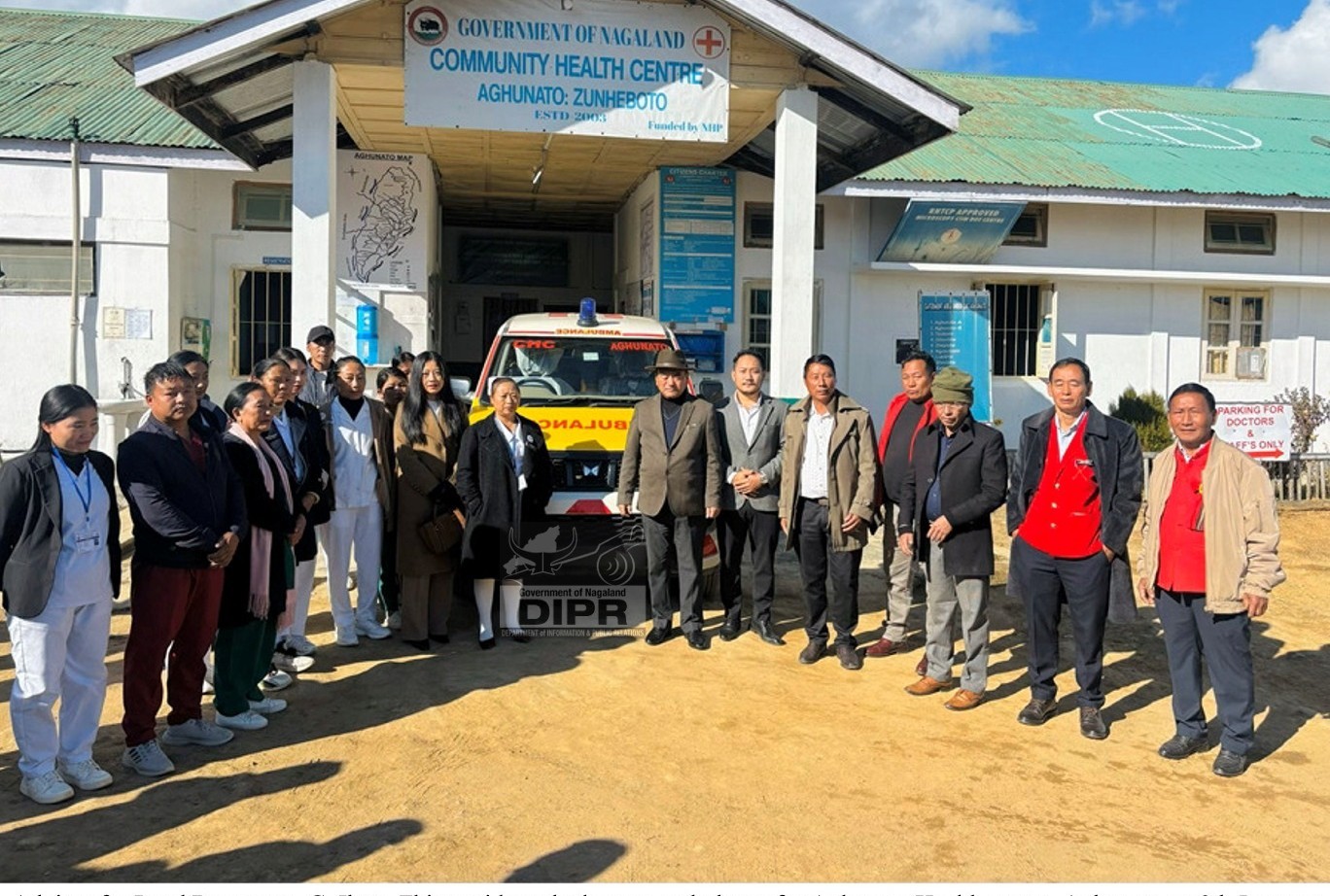The National Programme for Palliative Care (NPPC), Department of Health & Family Welfare organized State Training of Trainers in Palliative Care for Medical Officers from 2nd – 4th September 2025 at the Directorate Conference Hall, Kohima.
Jt. Director & SPO NPPC, Dr. Chikrozho Kezo, in his opening remarks welcomed all the dignitaries, experts and participants further encouraging all district representatives to actively participate in the ToT and work towards strengthening the implementation of palliative care services under NPPC.
Principal Director, DH&FW, Dr. Mereninla Senlem, delivered the keynote address emphasizing on the need for palliative care as a result of an increase in the number of the elderly population and the rising burden of non-communicable diseases and some communicable diseases. She said Palliative care improves the quality of life of patients and that of their families who are facing challenges associated with life-threatening illness, whether physical, psychological, social or spiritual. Currently, only 14% of those in need receive palliative care. The NPPC is a comprehensive effort to integrate palliative care into the Indian healthcare system, making it more accessible and community-focused. Over 80% of palliative care needs can be managed at home with the right training and support systems in place. Many patients with cancer, end-stage organ failure, neurodegenerative diseases and geriatric conditions prefer to receive care in their homes, surrounded by their families. Hospital-based palliative care is resource-intensive, whereas home-based care is cost-effective and enhances quality of life by reducing unnecessary hospitalizations, she added.
She informed that there is a need to prioritise implementation of NPPC, providing palliative care services in all the districts, emphasizing on the importance of pain and symptom management, as well as the role of interdisciplinary teams in providing holistic care.
SPO NHM, Dr. Keveduyi Theyo highlighted that the National Program for Palliative Care (NPPC) was launched in 2012, which is now a part of the National Health Mission (NHM). Palliative care programme in Nagaland was initiated during 2017 and the program envisages strengthening of infrastructure, capacity building, drug availability and awareness generation. He also stated that capacity building is the backbone of a strong palliative care system—without a well-trained workforce, quality service delivery cannot be achieved. Strengthening palliative care services at HWCs, PHCs, and CHCs is vital to provide care closer to patients' homes. Caregivers (family members, ASHAs, ANMs, community health workers, and trained volunteers) serve as the primary link between patients and healthcare professionals. Structured training programs for caregivers in palliative care, engaging religious institutions, social groups, and civil society can create sustainable community based palliative care approaches. As a way forward, districts must prioritize capacity building and engage in service delivery and conduct training at the district level to further build the capacity of healthcare providers under NPPC, he said.
Special address was also delivered by Dr. Obangjungla, IAPC Executive Member & Representative North East India.
The training aims to cover different topics under Palliative Care. The resource persons for the 3 days training were Dr. Kikato Chishi, Oncology Department, NHAK Kohima; Dr. Nepuni Athikho, Consultant Family Medicine & Geriatric Health, Eden Hospital; Dr. Tony Vikas Bishwas, HoD & Consultant Palliative Medicine, CIHSR; and Ethungbemo Ezung, Drug Control Officer, Drug Control Administration, DHFW.
(DIPR)


